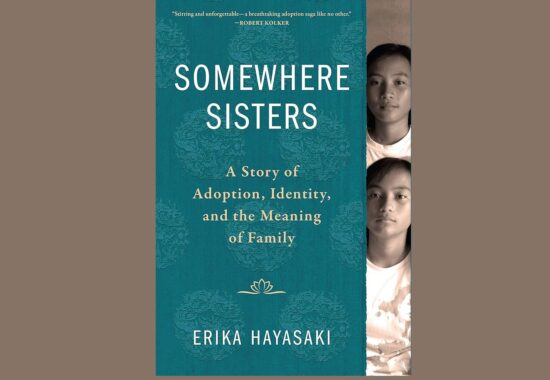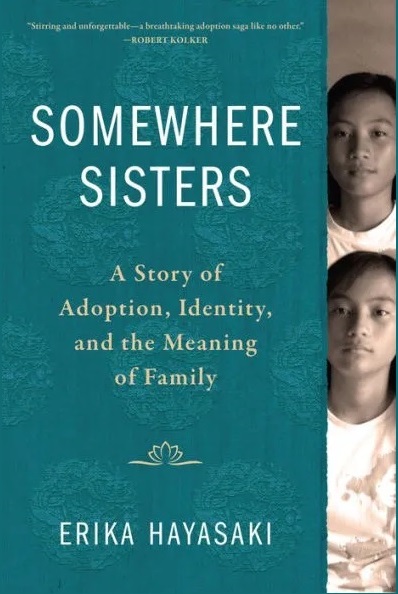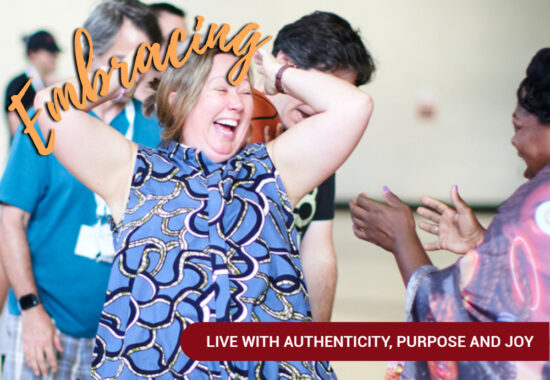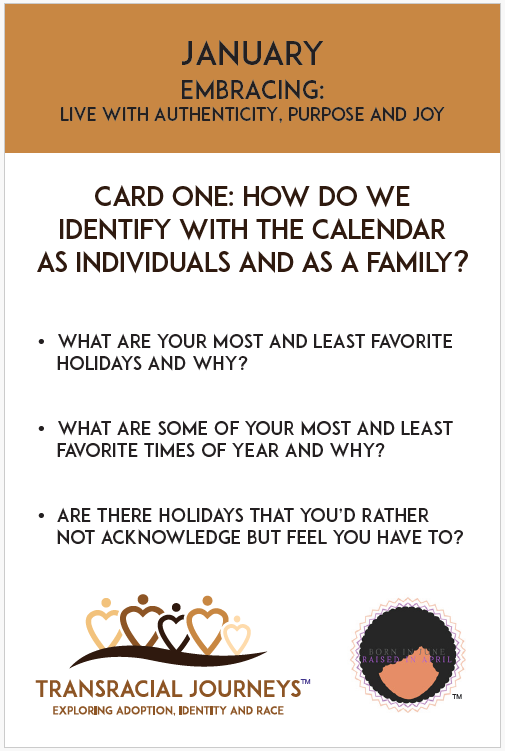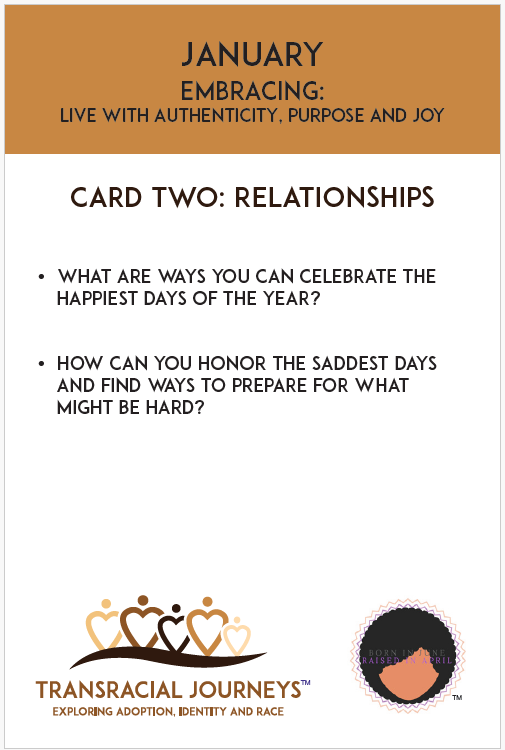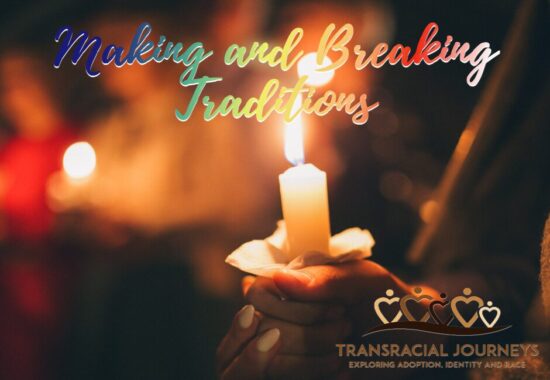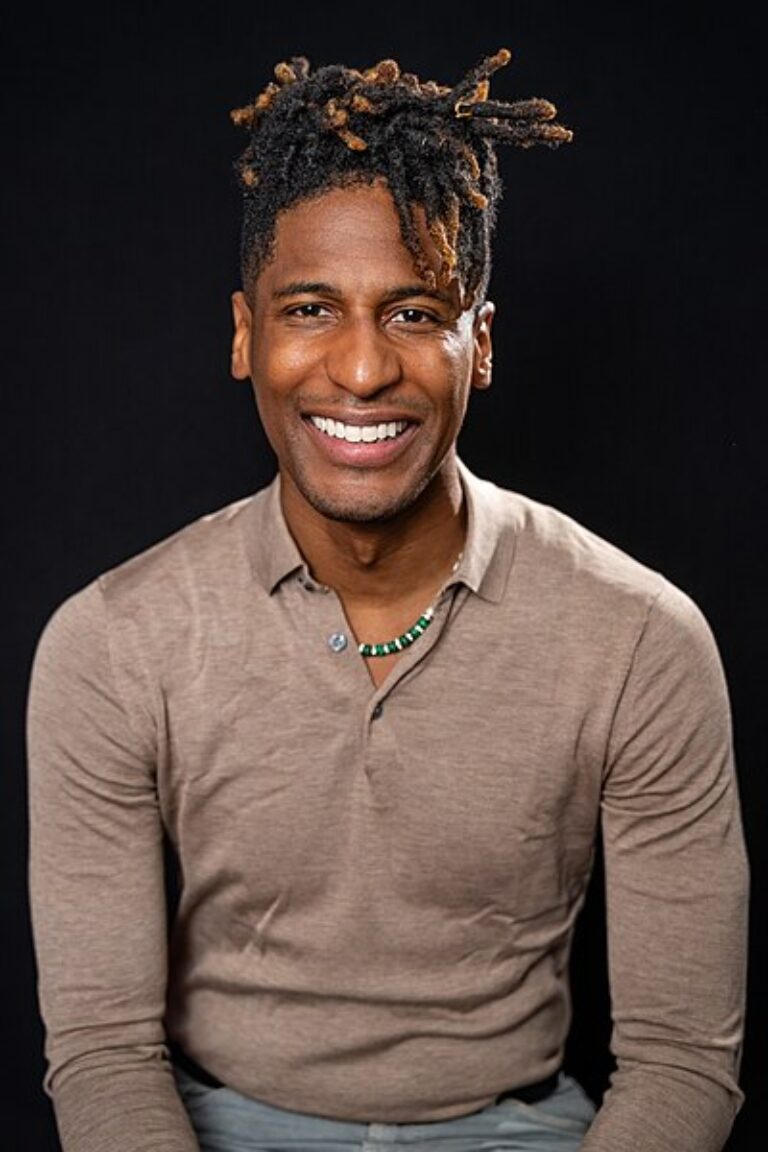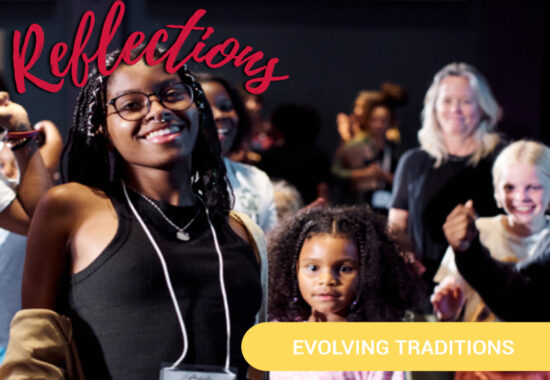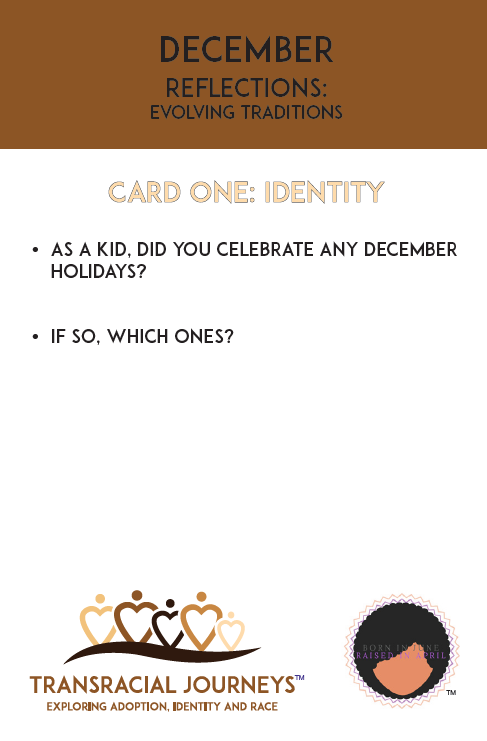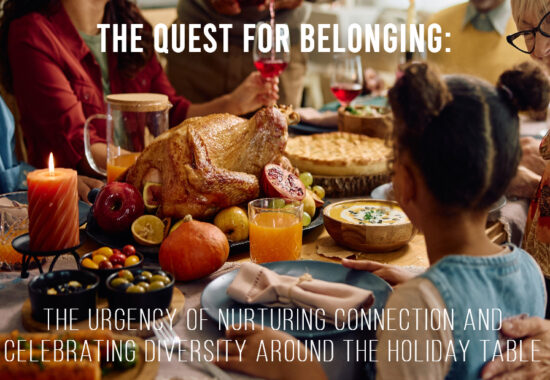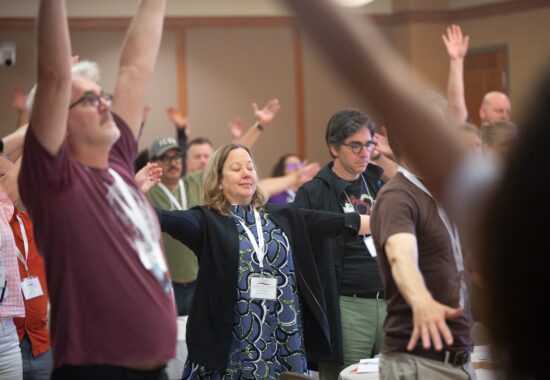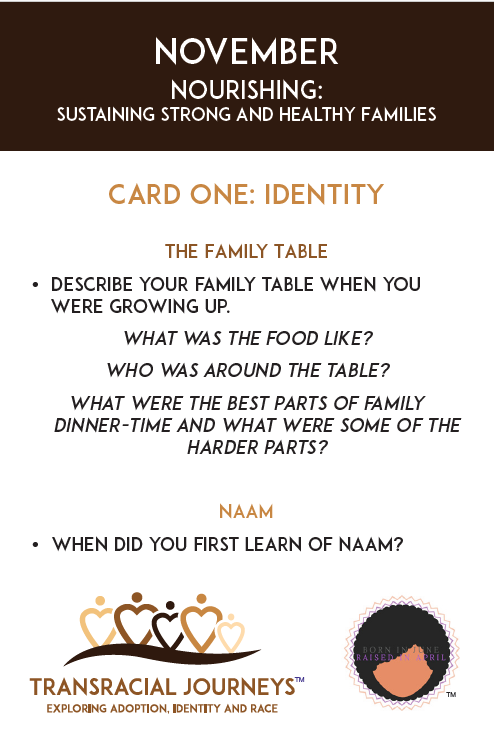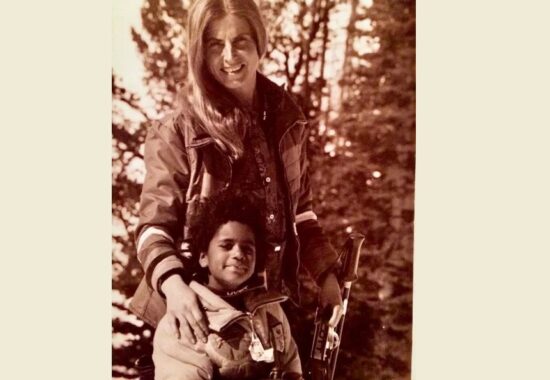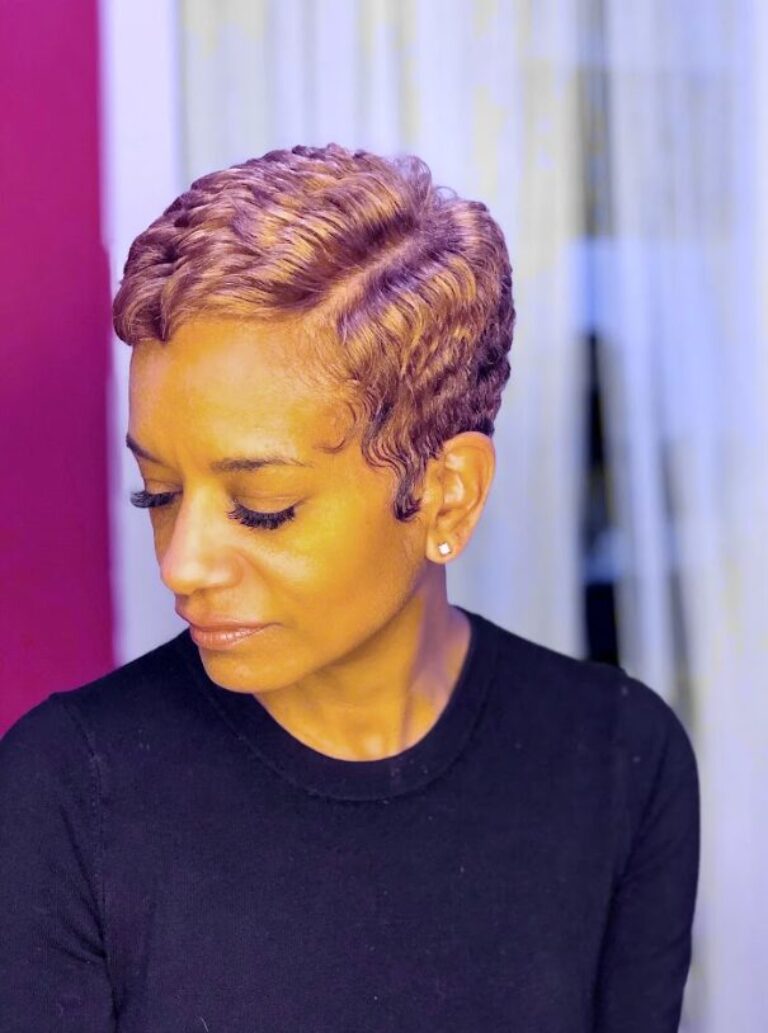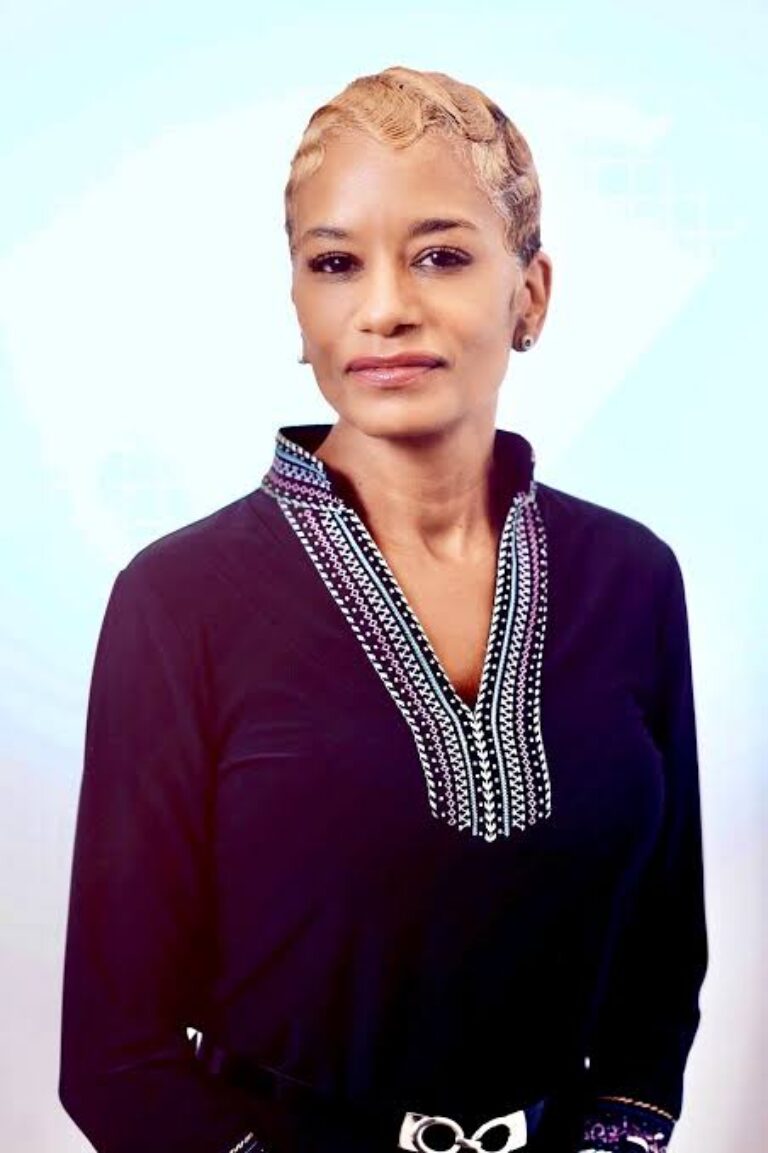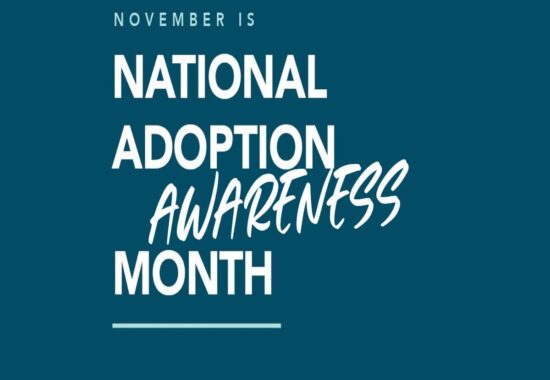By April Dinwoodie, TRJ Part-time Executive Director, Speaker, Trainer
National Adoption Month (NAM) was officially launched by the U.S. federal government in 1995 under the Clinton Administration, with its roots going back to 1976, when Massachusetts Governor Michael Dukakis first established an adoption awareness week. The original goal was to promote adoption as a pathway to provide permanent homes for children in foster care, focusing on the need for adoptive families and support within the child welfare system.
In recent years, however, adopted persons and advocates have redefined November’s focus by adding “awareness” to the month and broadening the conversation. While the original intent centered on finding families for children, today NAAM also highlights the lived experiences of adopted persons. This includes raising awareness of the complexities of identity, the importance of connections to birth families, and systemic issues within the adoption process. By reclaiming NAAM, adopted persons are making space for authentic conversations, centering their voices, and advocating for transparency, ethical practices, and post-adoption support.
For adopted individuals, NAAM can evoke a mix of empowerment, pride, grief, and introspection. It’s a month that acknowledges both the strengths and challenges within adoption, and families can support adopted children by fostering open conversations around identity, belonging, and personal history. This might mean learning more about each member’s cultural heritage, seeking resources to support identity development, or simply being present as children explore their connections to adoption.
This November, lean into NAAM with sensitivity. Rather than focusing solely on celebrating adoption, consider how the month might feel for adopted children in your family or community. Are they comfortable with how adoption is discussed? Do they have questions or thoughts that may be difficult to share? Creating an intentional space where children can express a full range of emotions—from joy to grief—can make this month meaningful for everyone.
Tips for Navigating NAAM:
- Start Conversations with Openness and Empathy
Ask open-ended questions about how your child feels about adoption. Be ready to listen and validate a range of emotions, including curiosity, pride, and grief. Share your feelings as well and validate the mix of emotions that can come up. (See our conversation cards for November)
- Pause to Reflect on Language and Narratives
Consider whether the narratives around adoption feel inclusive and supportive for your child. Encourage discussions that respect complex family histories and the value of connections to family of origin.
- Learn Together
Use NAAM as an opportunity to explore cultural heritage, adoptive and extended family connections, and resources that support identity formation. Engaging together can help children feel understood and valued.
- Check In with Yourself
Talking about family and complicated histories can stir deep emotions. Make sure you have the support you need to navigate these conversations with compassion, both for yourself and the children in your life.
NAAM is a time for reflection, learning, and honoring the full spectrum of emotions that adoption can bring. By leaning in with sensitivity, families can create a space for connection, understanding, and support. While NAAM is a time when all of this is top of mind, remember that these conversations, reflections and actions should be happening all year long.

